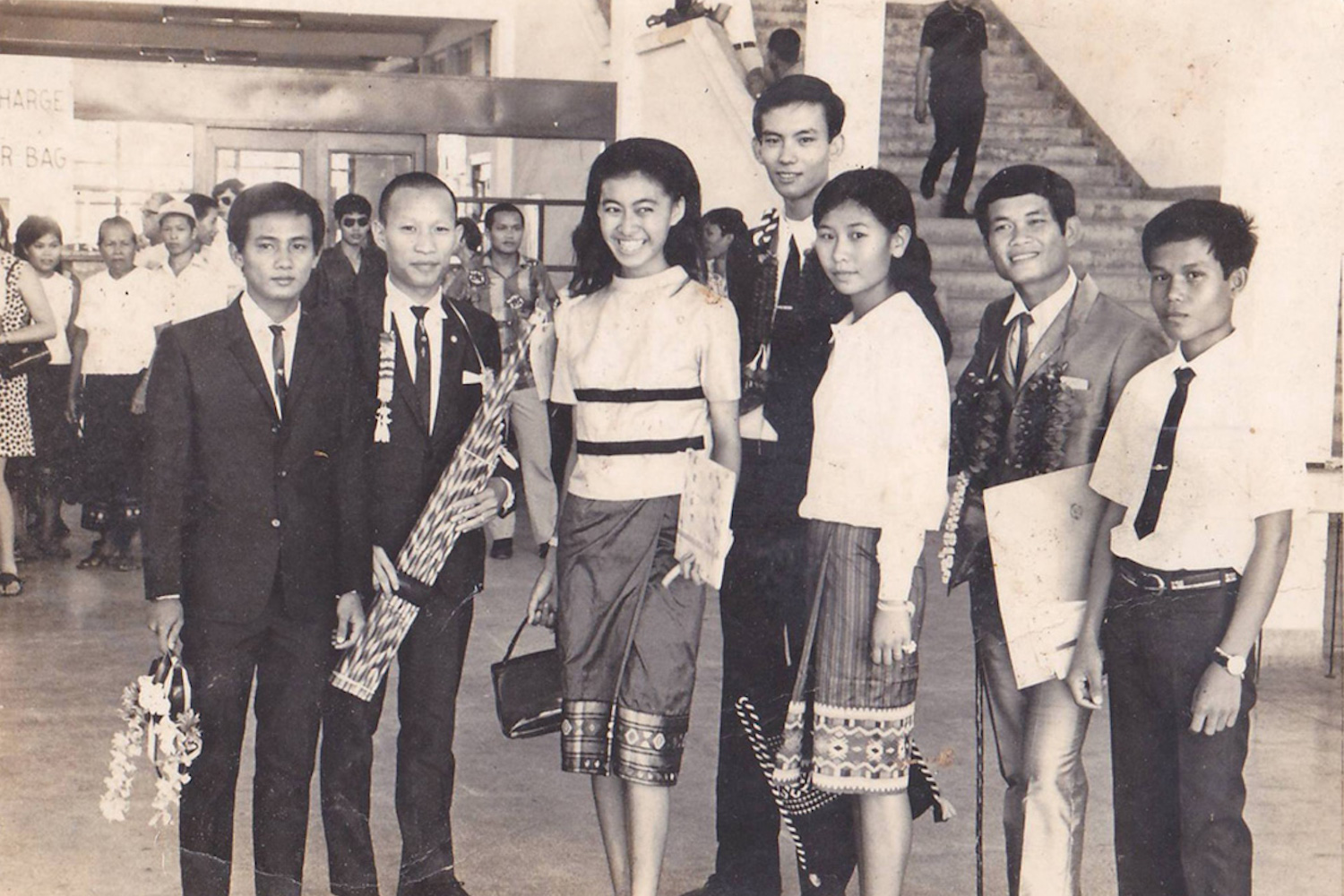RFA: 24 January 2018

A recently introduced law regulating civil society organizations (CSOs) in Laos has further restricted their work, according to sources in the sector, who said groups now face lengthy delays in funding, while others are being forced to operate as small businesses or shut down completely.
In August last year, the government of Laos issued the New Decree on Associations No. 238 of 2017 to replace the Decree on Associations No. 115 of 2009. The amended decree went into effect on Nov. 15, 2017. Continue reading “Civil Society Groups in Laos Delayed Funding, Forced to Disband Under New Law”

















 Will other civil society leaders emerge who are able to see beyond the implementation of projects to a wider vision and analysis?
Will other civil society leaders emerge who are able to see beyond the implementation of projects to a wider vision and analysis?